The 21st century has witnessed a resurgence of mediation as a pivotal tool for resolving international disputes. This resurgence is driven by the complexities of contemporary conflicts and the expansion of threats beyond traditional regional conflicts, civil wars, and political crises. The scope of security threats now includes issues such as climate change, cybersecurity, and transnational organised crime.
Several countries have played significant roles in mediation, leveraging their diplomatic acumen, political influence, and economic resources to facilitate dialogue and prevent escalation. Norway has consistently demonstrated its commitment to peacebuilding through active participation in resolving conflicts among the most prominent mediators. From Sri Lanka to Colombia and the facilitation of the Oslo Accords, Norway has embodied its ability to promote dialogue between seemingly irreconcilable adversaries.
Known for its multilateral approach and emphasis on consensus building, Finland initiated the Group of Friends of Mediation in September 2010, significantly contributing to peace processes in the Horn of Africa. Similarly, Switzerland, with its long-standing tradition of neutrality, has provided a safe and neutral venue for countless peace talks and negotiations, fostering an environment conducive to compromise and resolution.
Amid the resurgence of mediation in international diplomacy, the last decade has witnessed the emergence of non-Western actors in this field. At the forefront is the United Arab Emirates (UAE), which has become an essential player in the Middle East and beyond. Since its founding, the UAE has combined traditional Arab values with modern diplomatic practices to address the cultural complexities of regional conflicts, adopting a policy of promoting peace, security, and stability both regionally and globally.
The UAE’s commitment to mediation is evident in its numerous initiatives aimed at calming conflicts and crises, including active mediation in the ongoing conflict in Yemen, facilitating dialogue and humanitarian aid, playing a crucial role in reconciliation efforts between India and Pakistan; its pivotal role in the historic 2018 peace agreement between Ethiopia and Eritrea, marking a significant achievement in regional stability; facilitating prisoner exchanges between Russia and Ukraine, showcasing the UAE's diplomatic reach; mediation efforts between Russia and the United States (U.S.), further highlighting the UAE's influence; and hosting the COP28 Climate Conference in Dubai, underscoring the UAE's active participation in global diplomacy.
However, the path to mediation is fraught with challenges. The inherent complexities of many regional conflicts, the conflicting interests of the parties involved, and the need to balance mediation efforts with national interests can hinder the achievement of sustainable solutions. Additionally, maintaining neutrality in polarised situations, limited influence over non-state actors, and potential capacity constraints are challenges that the UAE must overcome to ensure the continued success of its mediation efforts. Hence, the UAE’s role as a rising international mediator, focusing on the factors that enabled its rise, its mediation strategies, and the impact of its efforts on regional and global conflicts will be examined.
UAE Mediation: A Journey from Heritage to Global Leadership in Conflict Resolution
Mediation in the UAE is not just a modern diplomatic tool but a practice deeply rooted in the country’s cultural and social heritage. In its early days, the UAE relied on mediation to resolve tribal and local disputes, drawing on the wisdom of tribal sheikhs and the values of tolerance and compromise that prevail in Emirati society.
As its regional influence grew, the UAE began to mediate in limited regional conflicts, leveraging its good relations with neighbouring countries and its ability to build confidence between conflicting parties.
Numerous factors shape the evolving style of Gulf mediation and conflict resolution. These range from traditional elements, like the role of the Majlis and the concept of reconciliation, to modern influences, such as the UAE’s foreign policy, characterized by multiple overlapping alliances and strong connections with both the Global North and Global South. This emerging style has developed through several stages:
The First Stage: From Local Traditions to Regional Diplomacy
The UAE’s mediation approach is based on two main concepts linked to ancient Arab and Islamic traditions, which serve as fundamental mechanisms for resolving disputes and promoting tolerance and societal harmony. The first concept is “Reconciliation,” a traditional Arab method of resolving disputes that focuses on restoring relationships. Deeply rooted in Arab culture, reconciliation plays a vital role in shaping the style of Gulf mediation in general and Emirati mediation in particular.
The second concept is the “Majlis,” a space designated for comfortable social interaction among Arabs for exchanging opinions and in-depth discussion. Beyond its physical setting, the Majlis is an event that brings tribes and clans together. UNESCO has recognised the cultural importance of the Majlis in promoting community dialogue, resolving conflicts, and Indeed, the Majlis concept was instrumental in enhancing the Emirati consensus during the United Nations (U.N.) Conference on Climate Change (COP28). Sultan Al Jaber, the Conference president, emphasised this in his closing speech, noting that the Majlis of Change Makers, hosted by the Conference of the Parties, facilitated delegates “reconnecting” and “starting to talk to each other.”
The UAE has also developed distinctive mediation methods characterised by discretion and a focus on building lasting relationships. These methods are deeply rooted in its sociocultural fabric, where diplomacy is often conducted away from the public eye, and the finer details of negotiations are prioritised over public displays of disagreement.
This approach, rooted in Arab traditions, has enabled the UAE to offer a safe and trustworthy environment for conflicting parties, particularly those wary of the potential repercussions of high-profile public diplomacy.
The Second Stage: Transformation Towards International Leadership:
The UAE has experienced a remarkable transformation on the international stage, evolving from a regional economic centre to an influential diplomatic player and an effective international mediator. This rise is attributed to several key factors, most notably its strategic geographical location, which connects the world’s continents and serves as a meeting point for cultures and civilizations, making it a vital hub for global trade. The UAE acts as a gateway for communication between the East and the West, with several significant factors contributing to this transformation:
• Political and Economic Stability: In a turbulent region, the UAE’s political and economic stability has bolstered its position as a reliable international mediator. The UAE has built a solid and diversified economy, providing the necessary resources to support mediation efforts, and offering a stable environment to host negotiations and resolve conflicts.
• Soft Power: What distinguishes UAE diplomacy is its unique approach that combines soft power with pragmatism. Through cultural diplomacy, humanitarian aid, and investment in education and health in developing countries, the UAE has cultivated a positive image as a responsible nation committed to the greater good of humanity. This approach has enhanced its moral standing and acceptance as an honest and reliable mediator, and a responsible and constructive country that seeks to achieve peace and sustainable development. One notable example is the UAE Sheikha Fatima bint Mubarak Women’s Initiative for Peace and Security, launched in cooperation with U.N. Women that aims to build Asian and African women’s abilities in the military and peacekeeping fields, further strengthening the UAE’s role in promoting global peace and security.
• Extensive Diplomatic Networks: The UAE has significantly expanded its diplomatic networks to encompass various countries worldwide, enabling it to engage with decision-makers and influence international affairs.
• Rational Leadership and Strategic Vision: The Emirati leadership acknowledges the constraints of military solutions and the use of force in conflict resolution. Therefore, it has developed its foreign policy to emphasize peaceful, dialogue-based solutions, consistent with the vision of the founding fathers.
“No country can live in isolation from others, and the largest country on Earth needs the smallest country.”
This famous saying by His Highness Sheikh Zayed bin Sultan Al Nahyan, may God rest his soul, underscores the interconnectedness of nations.
The UAE’s ingenuity is evident in its balanced approach, reflecting the wisdom of its leadership and strategic vision while emphasising the significance of soft power in a multipolar world. By prioritising diplomacy and de-escalation through its constructive foreign policy and mediation efforts, the UAE serves as a role model in bridging communication and fostering understanding between diverse cultures and civilisations.
The Impact of UAE Mediation: A Clear Imprint in a Changing World:
UAE mediation strategies encompass a range of tools and mechanisms, from shuttle diplomacy, where UAE diplomats actively convey messages and find a common ground between conflicting parties, to hosting peace talks and offering neutral, secure platforms for constructive dialogue. Additionally, the UAE provides humanitarian aid to those affected by conflicts and invests in economic development projects in these damaged areas, which help alleviate suffering, build trust, and enhance stability.
At the Regional Level
UAE mediation efforts have significantly calmed numerous regional conflicts, achieving tangible successes across various areas. In Yemen, the UAE has made substantial progress toward peace by facilitating dialogue between warring parties, supporting the implementation of the Riyadh Agreement, and providing humanitarian aid to those affected.
Additionally, the UAE has facilitated dialogue between India and Pakistan, aiming to ease tensions and enhance cooperation between the two countries. The UAE’s efforts extend beyond political mediation, encompassing humanitarian aid, and economic development projects in conflict-affected areas. These initiatives aim to alleviate suffering and creating an environment conducive to achieving peaceful and lasting solutions.
At the International Level
UAE’s mediation efforts have bolstered its position as an influential international player and reinforced its image as a responsible and constructive nation committed to achieving stability and peace regionally and globally. This growing role has garnered international recognition and appreciation for the UAE’s efforts, opening new avenues for cooperation and partnership with various global powers, such as combating terrorism and extremism, promoting tolerance and peaceful coexistence, and confronting environmental issues through the host of the COP28 climate conference.
UAE Mediation in Global Crises: A Rising Power for Peace
The UAE has demonstrated that soft power can effectively resolve conflicts and promote peace, reinforcing the importance of military and economic power. The UAE has utilised its soft power—embodied in cultural diplomacy, humanitarian aid, and development programmes—to foster a climate of trust and understanding between people and promote tolerance and peaceful coexistence. UAE mediation efforts have yielded significant results in various conflicts and disputes, ranging from regional conflicts in the Middle East and North Africa to international conflicts involving substantial powers. Some of the most prominent examples that highlight the UAE’s growing influence and commitment to peace include:
• Mediation in the Russia-Ukraine War
The UAE has emerged as a key negotiator in the Russia-Ukraine conflict by mediating captive exchanges and encouraging diplomatic talks. The UAE Ministry of Foreign Affairs has recently facilitated five major exchanges involving more than 530 captives. This role underscores the UAE’s diplomatic skills and enthusiasm for conflict resolution, leveraging its unique relationships with both sides.
• Mediation between the United States and Russia
It is noteworthy that the UAE not only served as a mediator in the Russia-Ukraine conflict but also played an active role in the talks between the U.S. and Russia in December 2022. The mediation efforts led by the UAE and the Kingdom of Saudi Arabia successfully facilitated the release and exchange of two prisoners between the U.S. and the Russian Federation, showcasing the strength of UAE diplomacy and its capability to execute such deals. This achievement underscores the UAE’s neutrality and effectiveness in fostering open communication between these major powers, and highlights the UAE’s growing diplomatic influence and commitment to enhancing global security and stability through diplomatic channels.
• Humanitarian Efforts in the Gaza Strip
Recently, the UAE played a pivotal role in achieving consensus between the European Commission, Cyprus, the U.S., and the United Kingdom regarding activating a sea corridor to deliver humanitarian aid to Gaza. During its successful two-year term in the U.N. Security Council (2022-2023), the UAE focused on creating connections between the Global North and the Global South, representing the Middle East’s sensitivities and demonstrating that it is possible to serve the national interest aptly. This approach gained support for its initiatives by adopting a “positive” mediation style that prioritises broad objectives over rigid positions.
The UAE’s long-term support for the Palestinian cause has been a cornerstone of its foreign policy since its founding. In the wake of the Israel-Hamas War, the UAE intensified its efforts both politically and humanitarian. On the diplomatic front, the UAE actively advocated for a ceasefire and increased the flow of aid to the Palestinians through the U.N. Security Council. This led to the passage of Resolution 2720, which calls for urgent measures to deliver humanitarian assistance and create conditions for a permanent end of violence.
On the humanitarian front, the UAE has been a significant contributor of aid to Gaza, providing essential supplies and medical care to those affected by the war, including a critical initiative to treat injured children and cancer patients in UAE hospitals and establish a field hospital within Gaza.
• Conflicts in the Horn of Africa:
The UAE has been crucial in mediating conflicts in the Horn of Africa, particularly the long-standing border dispute between Ethiopia and Eritrea through offering good offices and hosting numerous talks. The UAE contributed significantly to the historic peace agreement signed in 2018, officially ending the two-decade war between the two countries.
• The conflict in Yemen
The UAE has been deeply involved in mediation efforts to resolve Yemen’s complex and ongoing conflict, facilitating dialogue between the Yemeni government and various factions to seek a political solution. Despite the challenging situation in Yemen, the UAE has provided over $6 billion in aid since 2015, focusing on humanitarian relief and supporting public services such as education, health care, energy, and transportation. Additionally, the UAE has been a leading international contributor to Yemen’s COVID-19 response, and to demonstrate its long-term commitment, the UAE pledged $230 million ahead of the United Nations Pledging Conference hosted by Switzerland and Sweden in 2021.
• Mediation between Pakistan and India
The UAE’s unique position as a close ally of India and Pakistan, combined with its neutral stance and solid diplomatic ties, makes it an ideal mediator. The UAE has leveraged its influence to facilitate back-channel talks, host secret meetings between intelligence officials, and encourage dialogue at the highest levels of government. In 2021, the UAE played a crucial role in brokering a ceasefire agreement between India and Pakistan following a period of heightened tensions along the Line of Control in Kashmir. This agreement has successfully reduced violence and created a more conducive environment for dialogue. Additionally, the UAE has facilitated Track Two diplomacy, bringing together influential parties from both countries for informal discussions on various issues. These discussions have helped build trust and understanding, paving the way for more formal negotiations.
• The UAE is a consensus-builder
The UAE distinguished itself as a “consensus builder” during COP28, a pivotal role attributed to its strategic approach encompassing diplomacy, inclusivity, and a practical focus on implementation. The UAE leveraged its well-established diplomatic channels and negotiating expertise to unite countries with diverse interests and priorities. This effort was exemplified by formulating the UAE Consensus, a comprehensive agreement covering critical climate action areas, including commitments to triple renewable energy capacity by 2030 and end deforestation by the same year. Significant progress was also made under the Global Adaptation Goal (GGA), aimed at enhancing climate resilience in developing countries. The UAE’s leadership in mobilising financing, promoting inclusiveness, and securing agreements on critical issues such as loss and damage demonstrates a solid commitment to international action and cooperation on climate.
Further, the UAE’s focus on implementable strategies and substantial financial commitments embodies its dedication to translating ambitious goals into tangible results. This pragmatic approach resonated with participants, fostering consensus around achievable solutions. Moreover, the UAE advocated for a balanced energy transition, recognising the sustained importance of existing energy sources while promoting the accelerated development and deployment of renewable energy technologies.
The UAE’s diplomatic acumen, comprehensive approach, focused on implementation, and balanced perspective on the energy transition have solidified its position as a pivotal consensus builder at COP28. This collaborative approach is crucial for addressing the multifaceted challenges of climate change and ensuring a sustainable future for all.
Overcoming Challenges and Achieving Accomplishments:
Despite its notable successes, the UAE’s growing role as a mediator faces several inherent challenges. The complexities of regional conflicts, often characterised by deep-rooted historical injustices and the involvement of multiple actors with competing interests, can obstruct the path to sustainable solutions. Remaining neutral amid polarised situations can be a delicate balancing act, especially when the UAE maintains close ties with specific actors or assumes distinct foreign policy positions.
Additionally, while the UAE can exercise significant influence over governmental actors through diplomatic and economic channels, its influence over non-state actors, such as militias and terrorist groups, remains limited. This disparity can hamper efforts to bring all concerned parties to the negotiating table and ensure the effective implementation of peace agreements. The increasing demand for UAE mediation may also strain the capacity of its diplomatic corps, potentially leading to resource constraints and affecting the effectiveness of concurrent mediation efforts.
Perceptions of bias stemming from the UAE’s regional alliances and political positions could undermine trust and hinder its ability to act as a neutral mediator. Building and maintaining trust as a neutral party requires consistently demonstrating impartiality and adherence to the principles of international mediation, such as confidentiality, transparency, and inclusivity.
Despite these challenges, the UAE has demonstrated a proactive and adaptable approach to mediation, leveraging its unique strengths to achieve significant breakthroughs. Its investment in building a robust mediation infrastructure, including specialised training programmes for diplomats and a dedicated mediation centre, highlights its commitment to resolving conflicts effectively. Moreover, the UAE’s willingness to invest in economic development and humanitarian aid in conflict-affected areas underscores its recognition that sustainable peace requires addressing the root causes of conflict, not just the symptoms.
References
“Group of Friends of Mediation |.” n.d. UN Peacemaker. Accessed July 7, 2024. https://peacemaker.un.org/friendsofmediation
Mladenov, Nickolay. 2024. “The Arab Approach to Mediation—Reshaping Diplomacy in a Multipolar World.” The Washington Institute. season-01 2024. Accessed July 1, 2024. https://www.washingtoninstitute.org/policy-analysis/arab-approach-mediation-reshaping-diplomacy-multipolar-world
“COP28 President Delivers Remarks at Closing Plenary.” 2023. COP28 UAE. December 13, 2023. Accessed July 7, 2024. https://www.cop28.com/en/news/2023/12/COP28-President-Delivers-Remarks-at-Closing-Plenary
AlHefeiti, Ameirah. 2023. “UAE Statement at the UN Security Council Meeting on UN Peacekeeping Operations – Permanent Mission of the United Arab Emirates to the United Nations.” Permanent Mission of the United Arab Emirates to the United Nations. New York, United States of America, September 7. https://uaeun.org/statement/uae-unsc-peacekeeping-7sep/
“UAE Mediation Efforts Succeed with Exchange of 180 Captives Between Russia and Ukraine.” 2024. UAE Ministry of Foreign Affairs. June 25, 2024. Accessed July 4, 2024. https://www.mofa.gov.ae/MediaHub/News/2024/6/25/25-6-2024-UAE-Russi
Mohamed, Hatem. 2024. “Success of New UAE Mediation to Exchange Captives Between Russia, Ukraine.” Emirates News Agency- WAM. January 31, 2024. https://wam.ae/en/article/b1fg79z-success-new-uae-mediation-exchange-captives
“Success of Joint Emirati-Saudi Mediation Regarding Release and Exchange of Prisoners Between United States and Russian Federation.” 2023. Press release. UAE Embassy in Washington, DC. December 8, 2023. Accessed July 1, 2024. https://www.uae-embassy.org/news/success-joint-emirati-saudi-mediation-regarding-release-and-exchange-prisoners-between-united
Abdullah Al Hadabi, Amal. 2024. “Emirati Diplomacy Driving Efforts to Ease Conflicts in Ukraine and Gaza.” Future for Advanced Research and Studies. January 26, 2024. Accessed July 2, 2024. https://futureuae.com/en-US/Mainpage/Item/8990/emirati-diplomacy-driving-efforts-to-eas-conflicts-in-ukrain-and-gaza
Fick, Maggie, and Alexander Cornwell. 2018. “In Peace Between Ethiopia and Eritrea, UAE Lends a Helping Hand.” Reuters, August 8, 2018. https://www.reuters.com/article/world/in-peace-between-ethiopia-and-eritrea-uae-lends-a-helping-hand-idUSKBN1KT1RS/
Ministry of Foreign Affairs UAE. “UAE Expands Yemen Aid, Commits US$230 Million in Additional Support for the Yemeni People,” February 25, 2021. Accessed July 18, 2024. https://www.mofa.gov.ae/en/mediahub/news/2021/2/26/26-02-2021-uae-yemen
Rej, Abhijnan. 2021. “UAE Brokered India-Pakistan Ceasefire: Report.” The Diplomat, March 22, 2021. Accessed July 6, 2024. https://thediplomat.com/2021/03/uae-brokered-india-pakistan-ceasefire-report/
“UAE Consensus.” n.d. COP28 UAE. Accessed July 6, 2024. https://www.cop28.com/en/
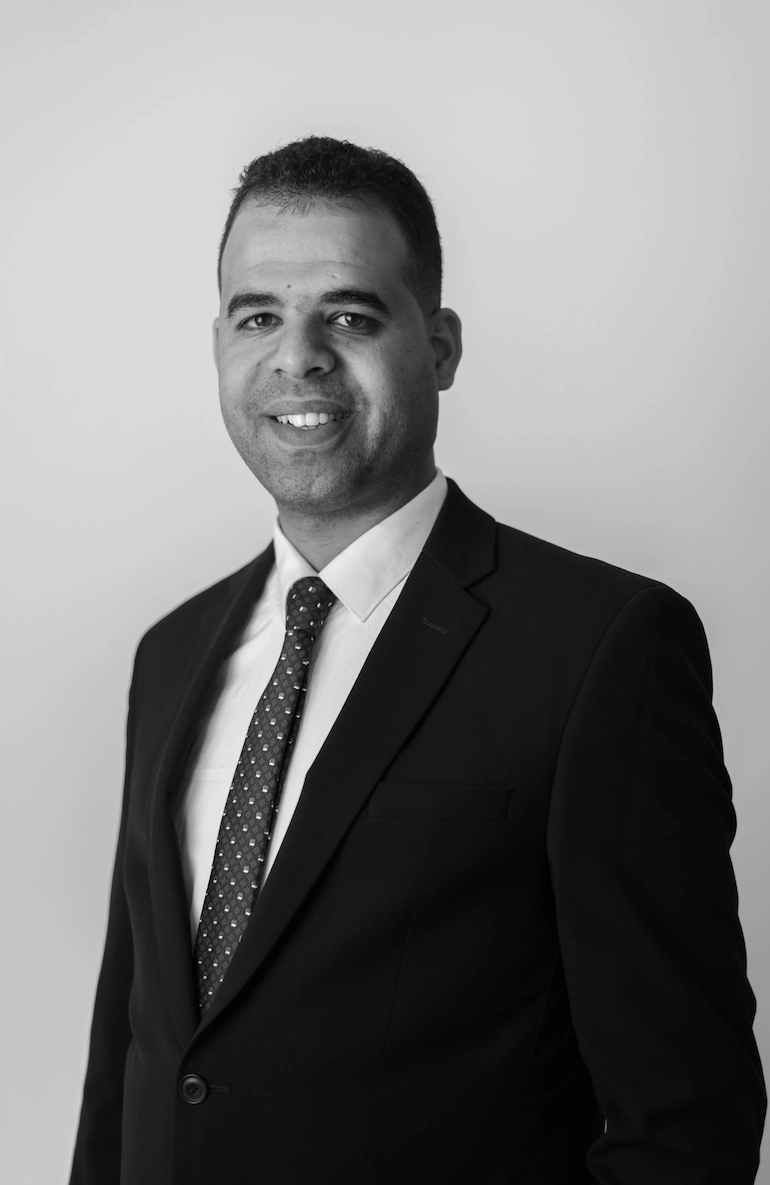
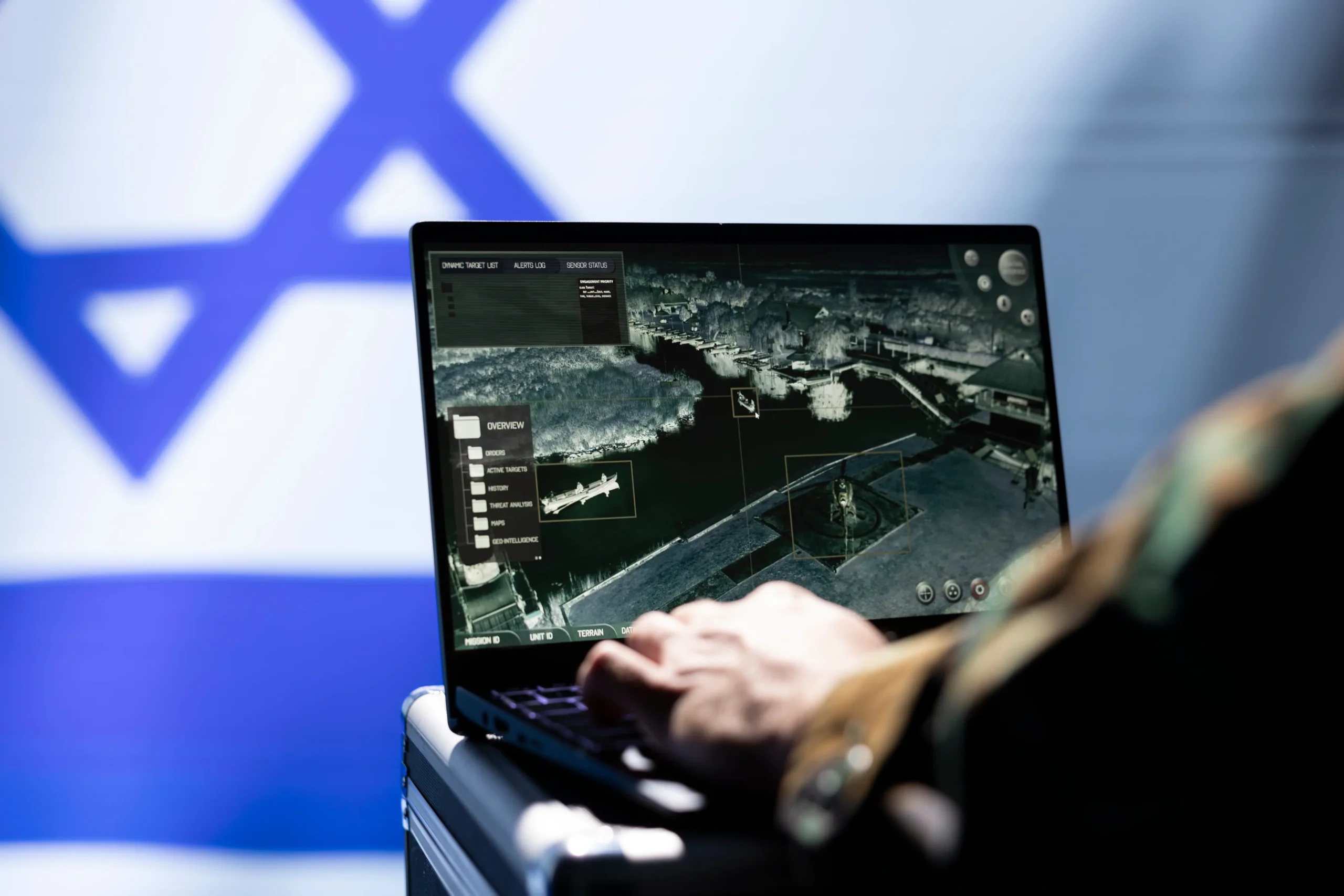
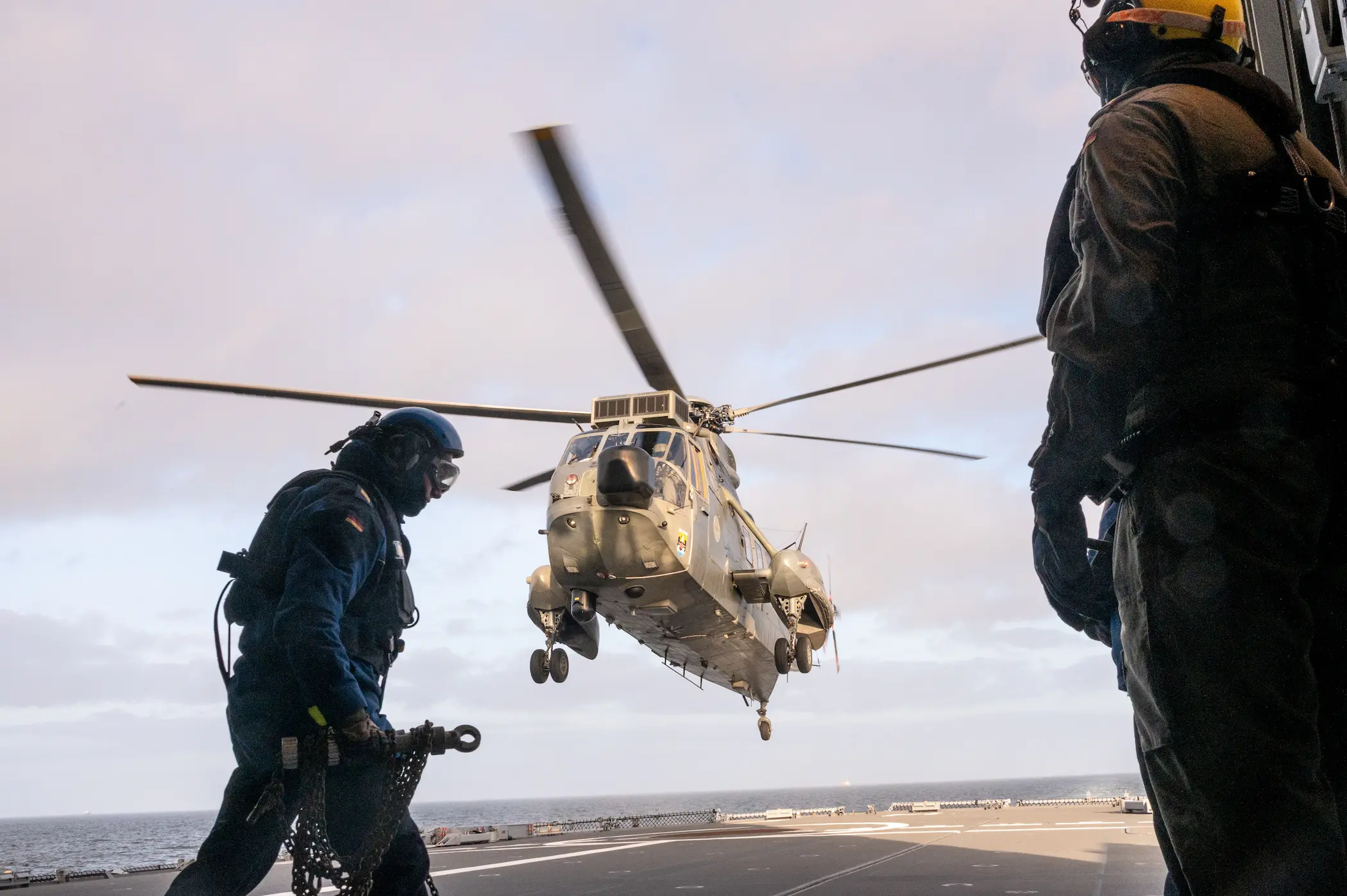
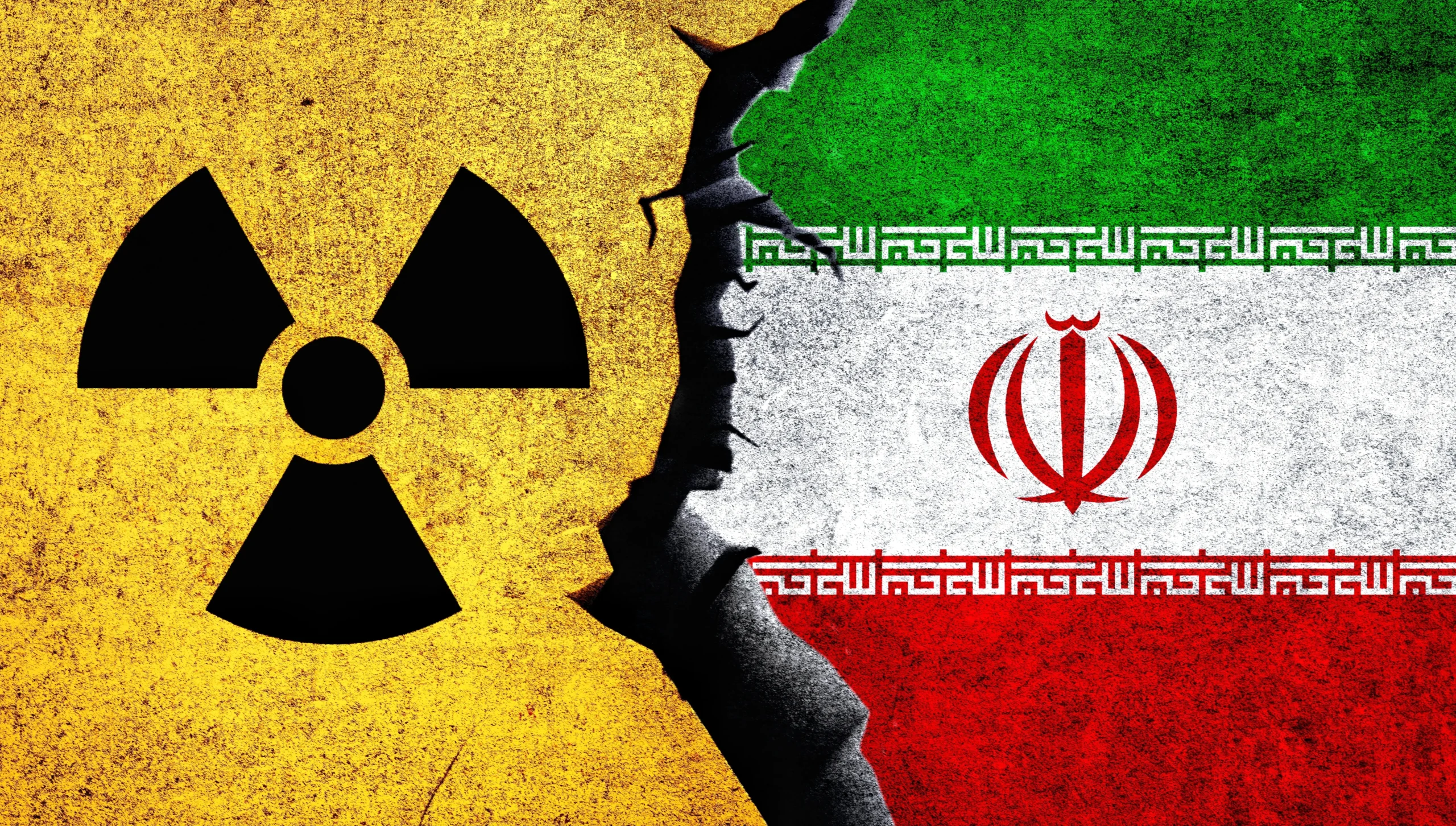
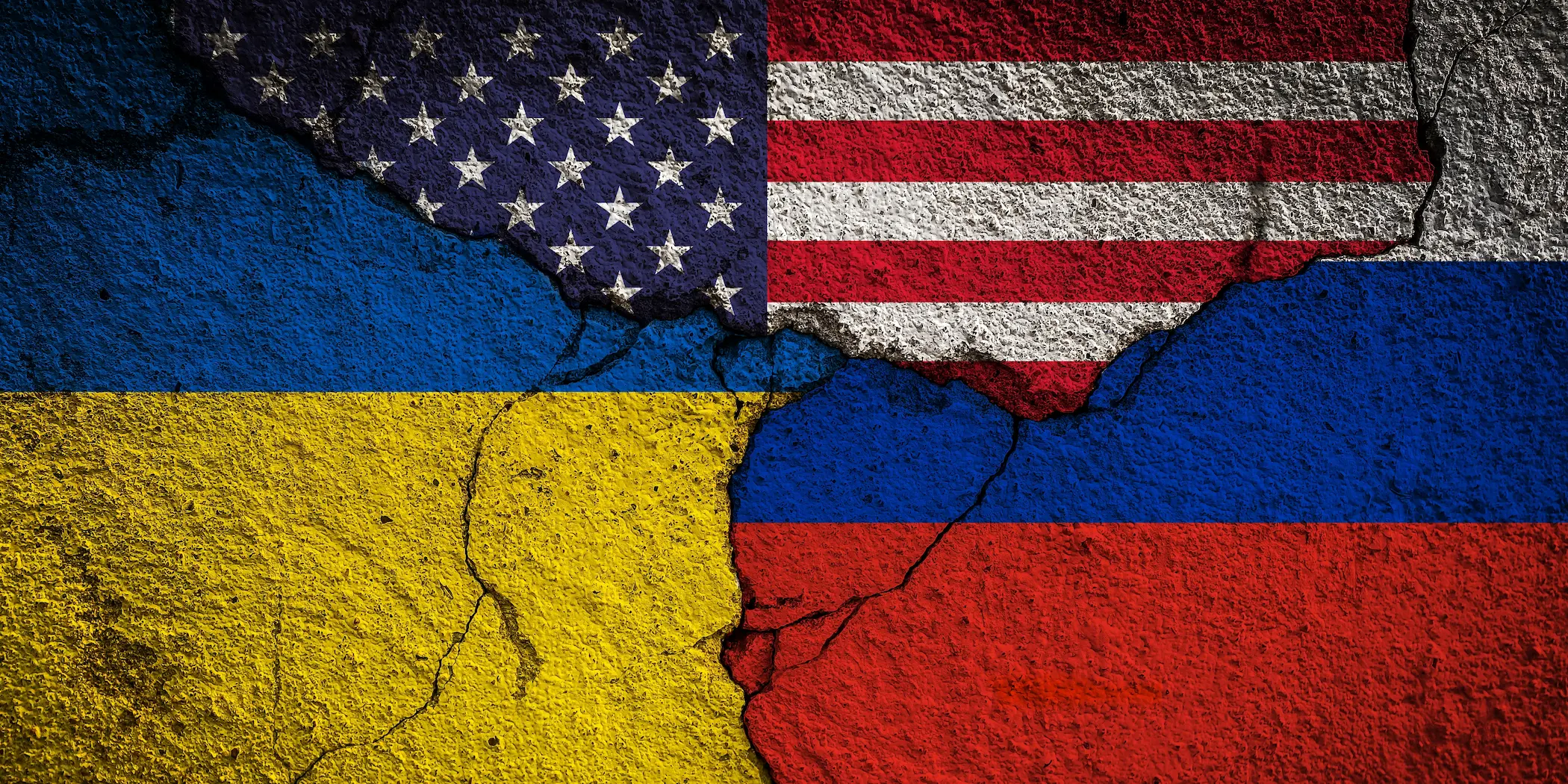
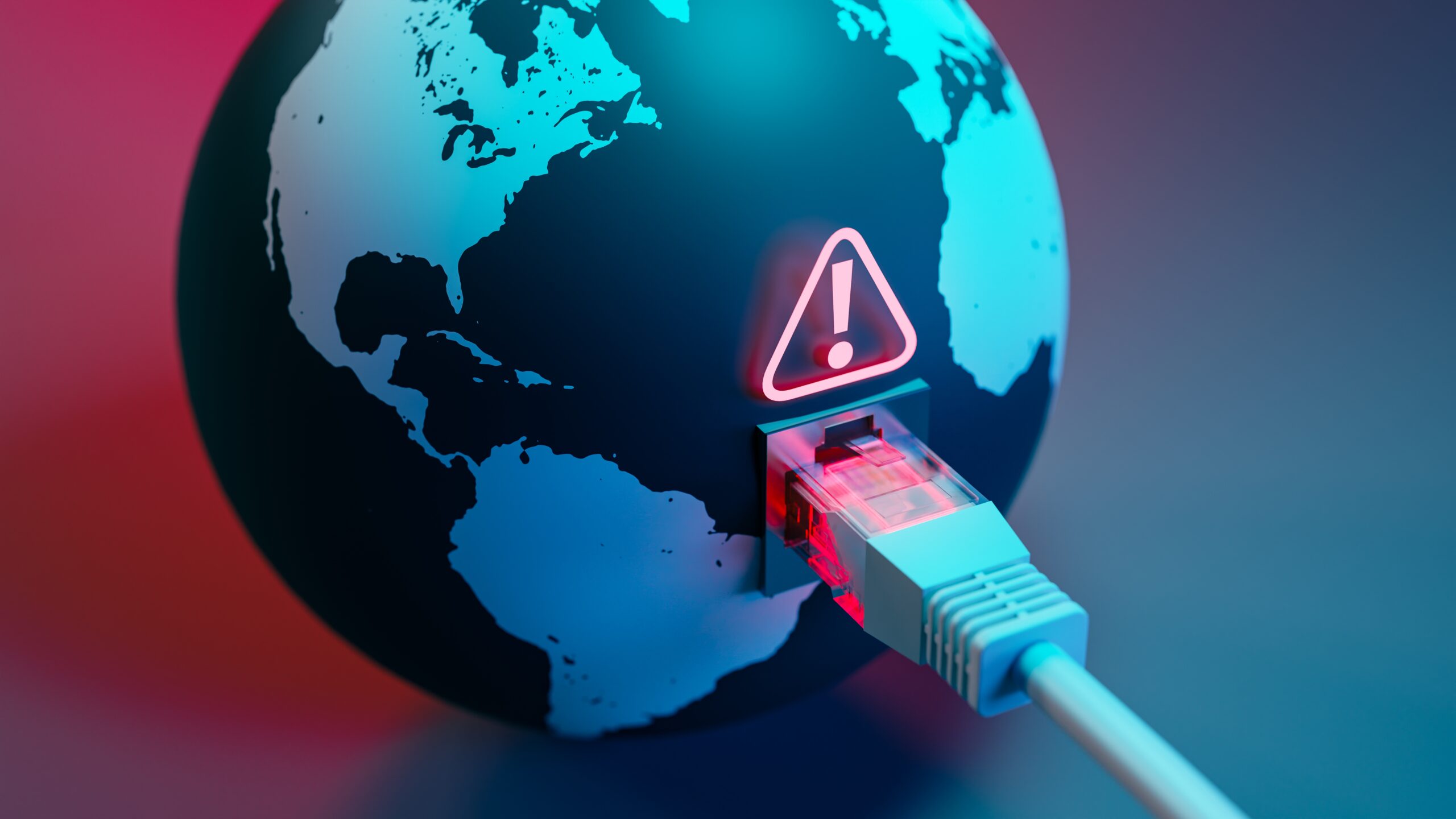
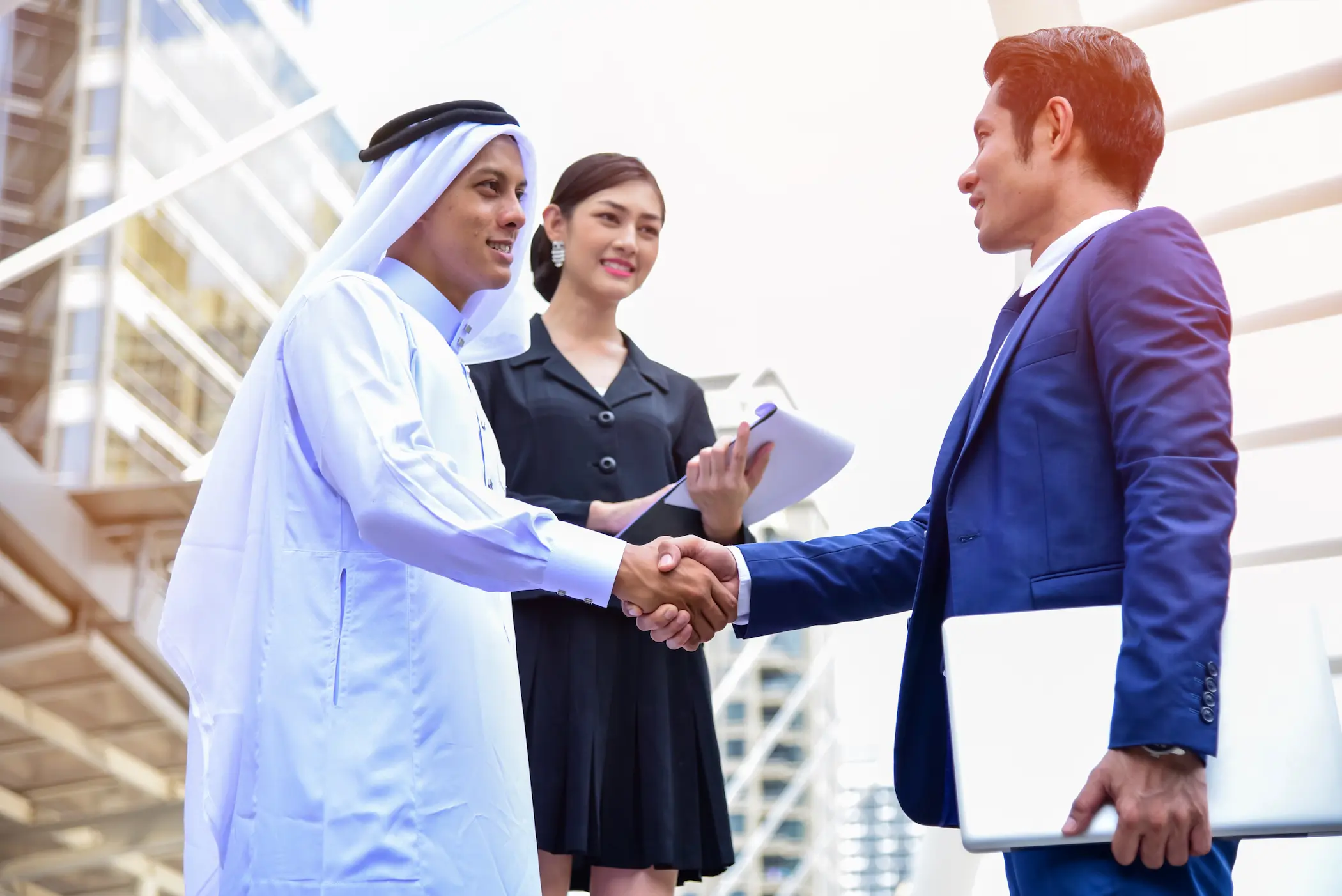
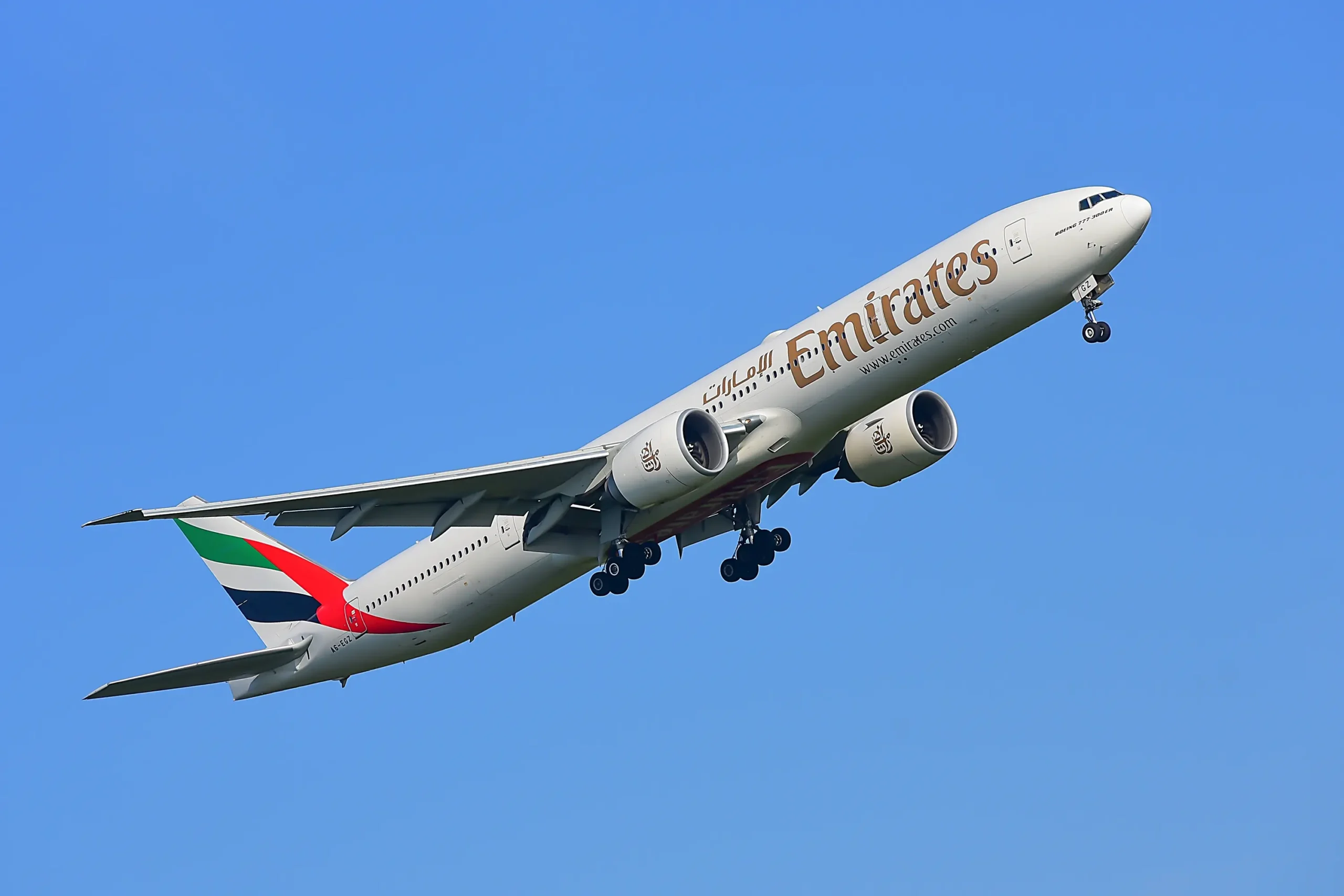
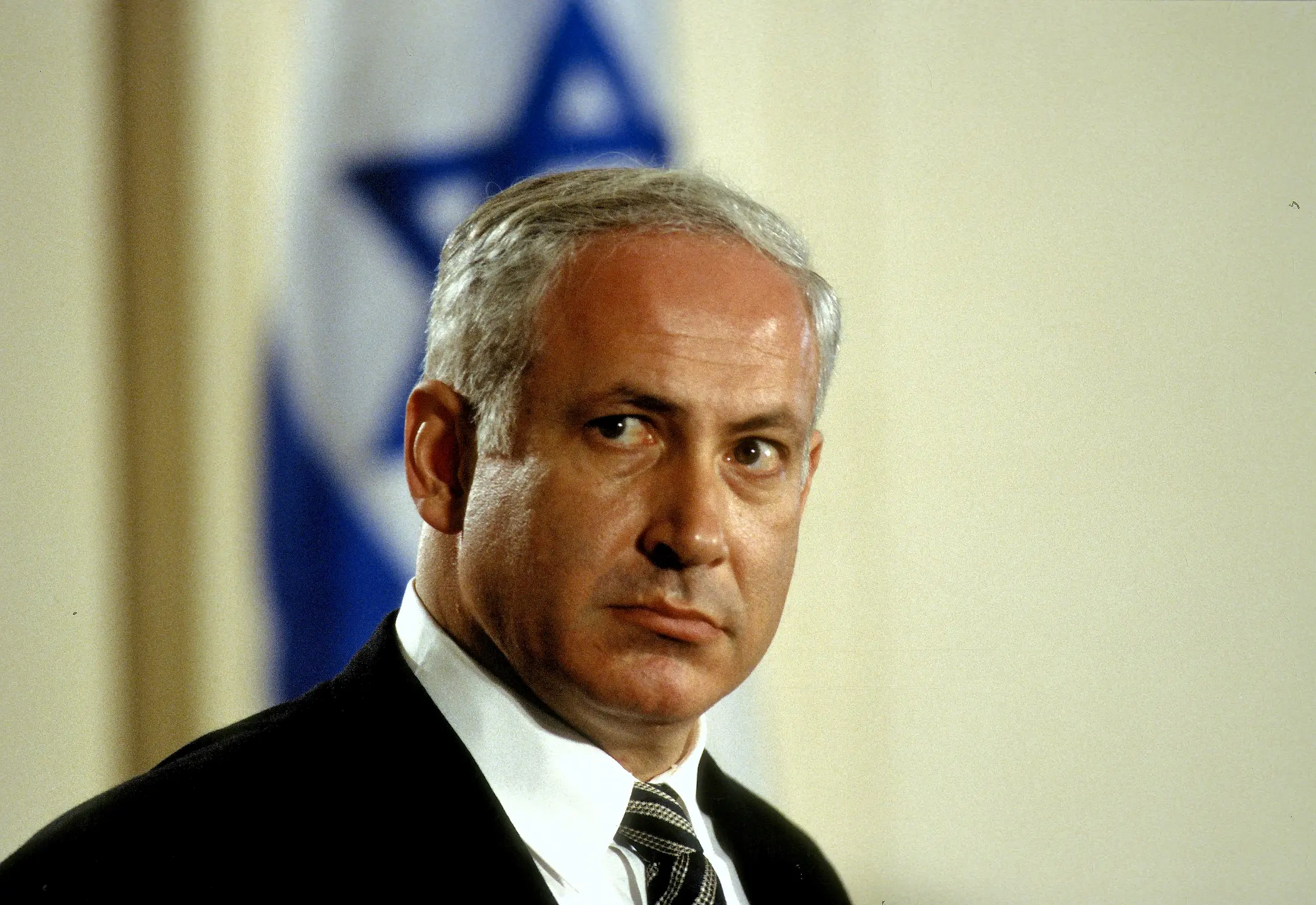

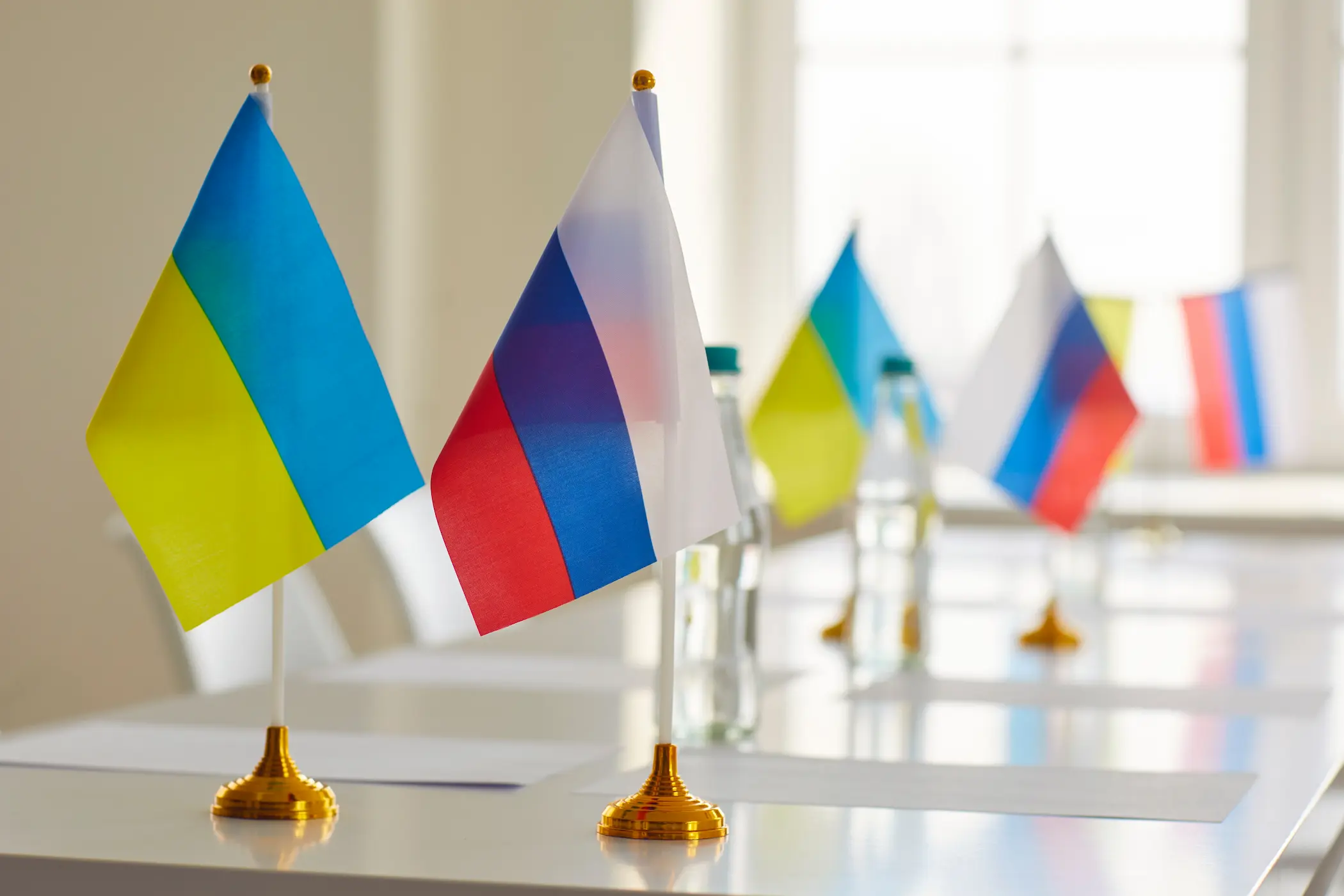



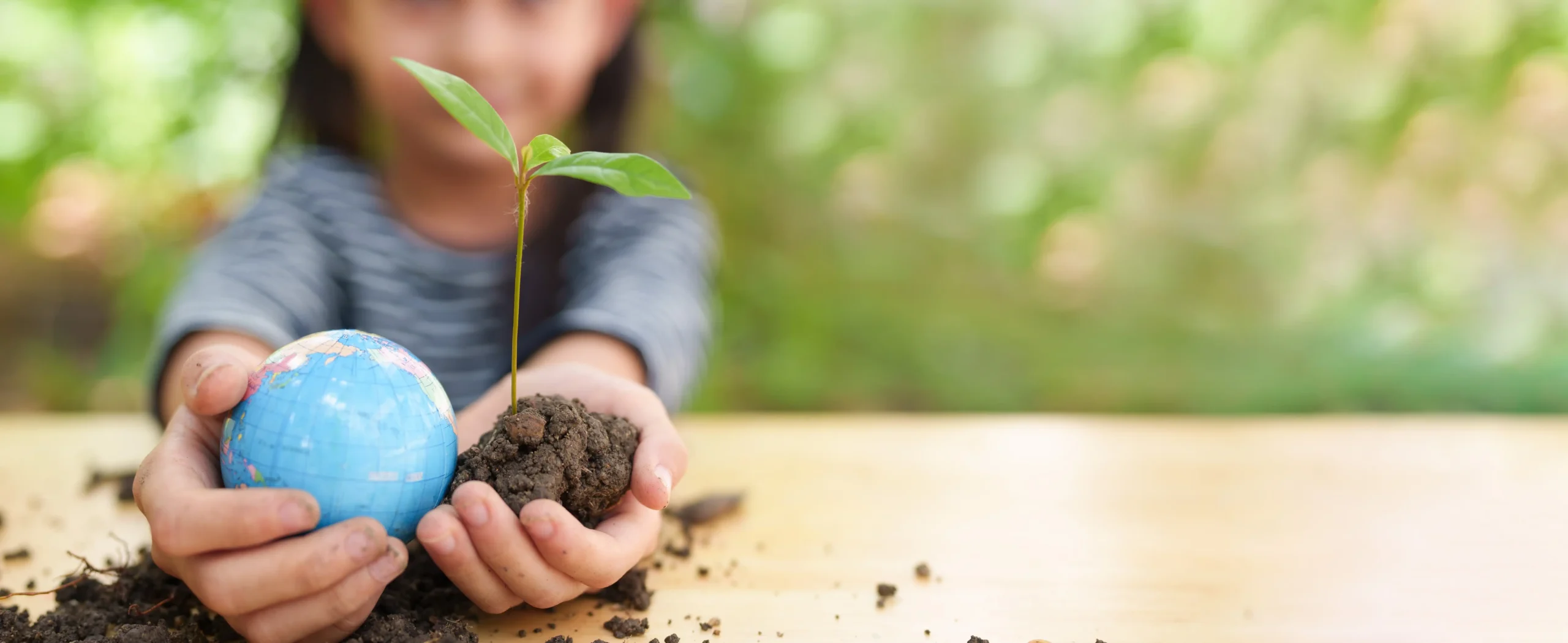
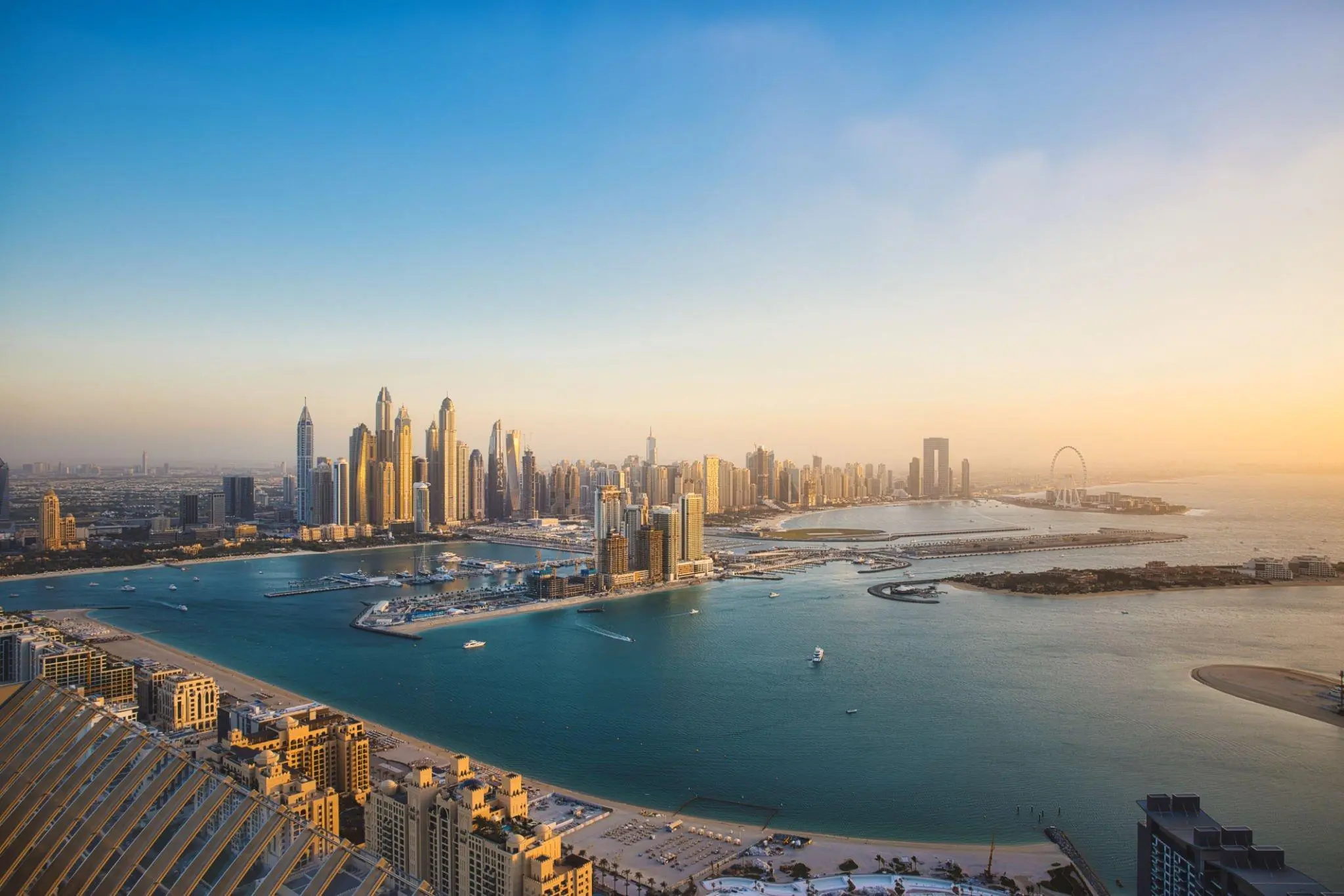
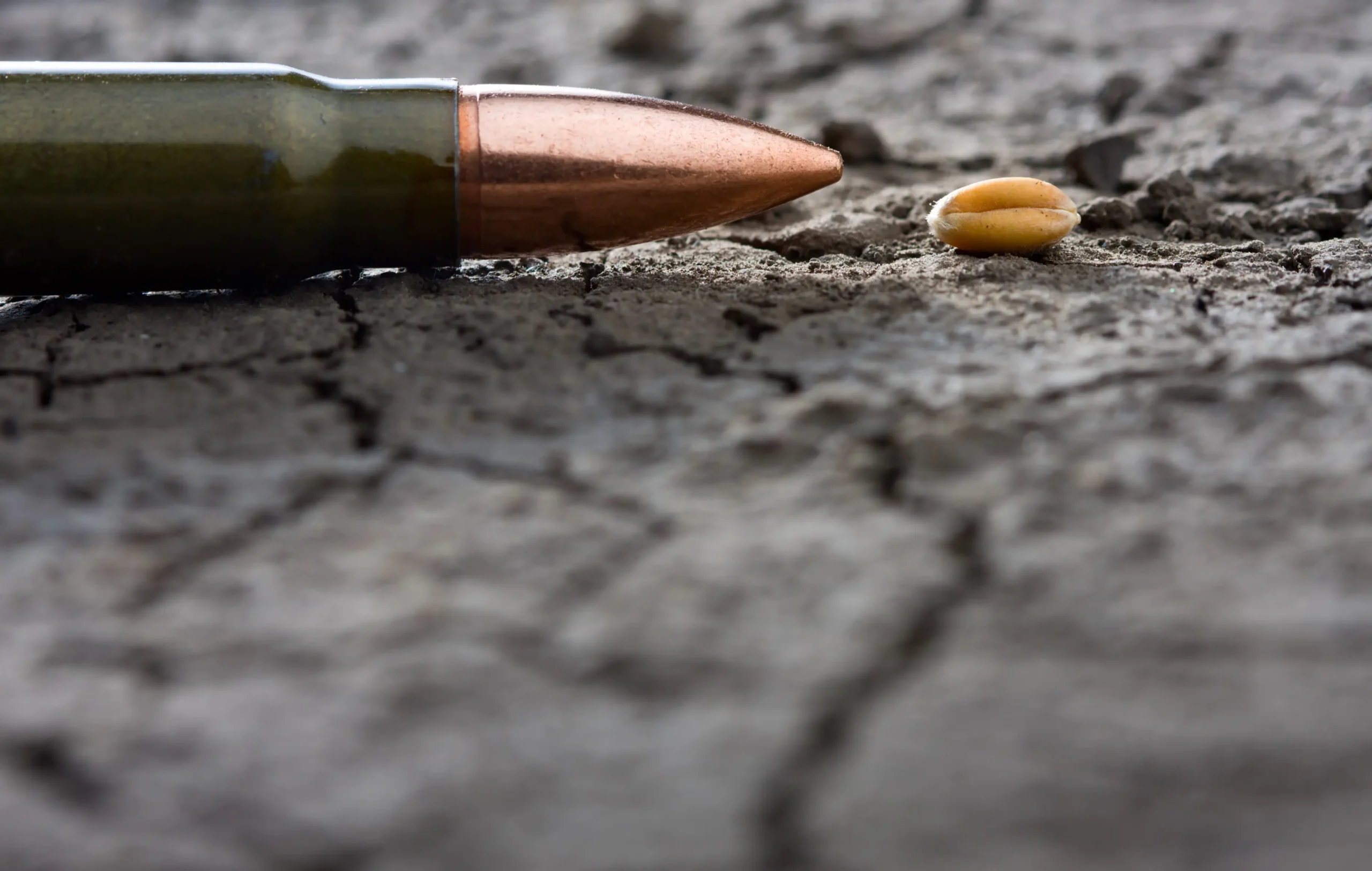
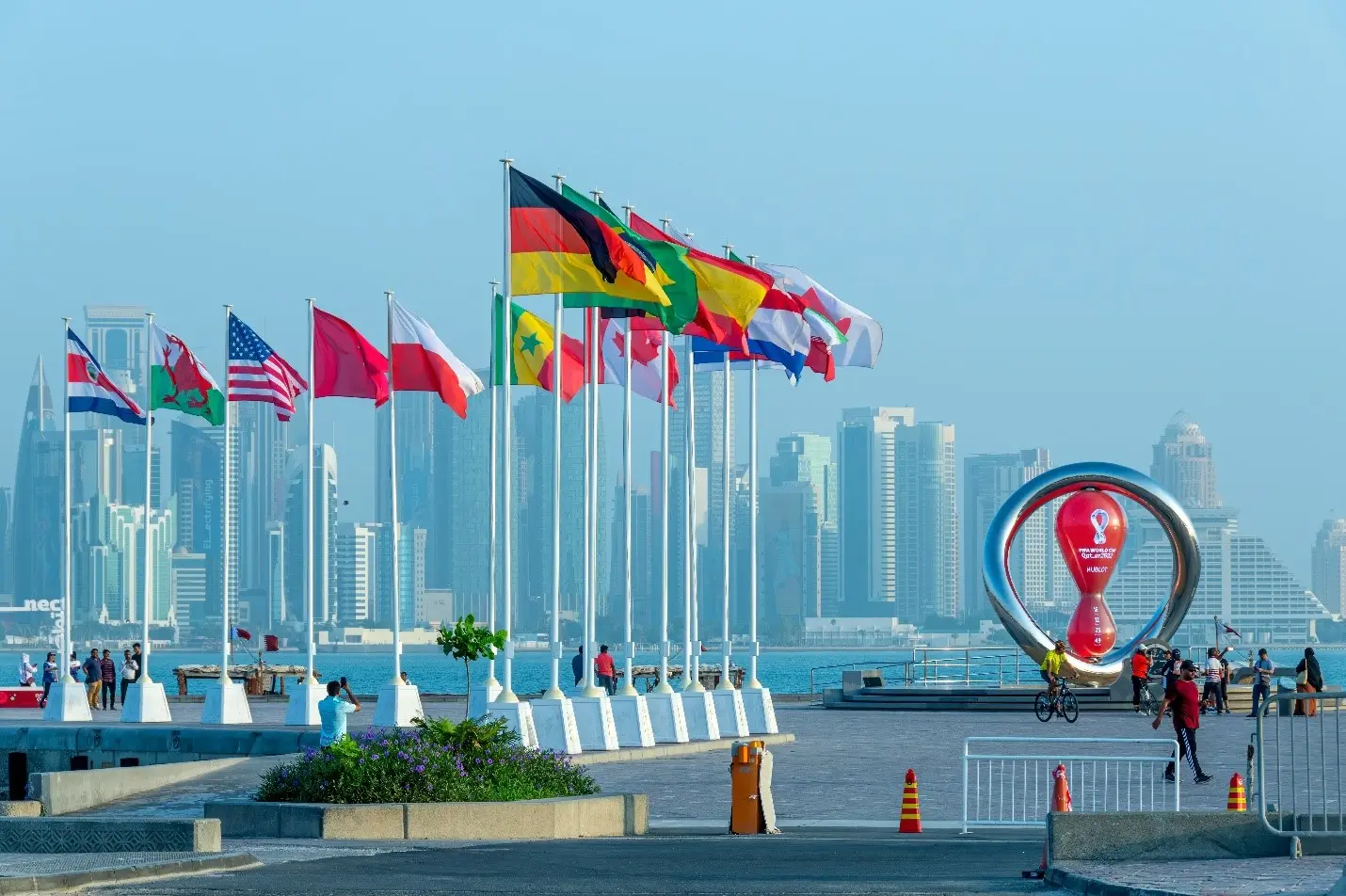
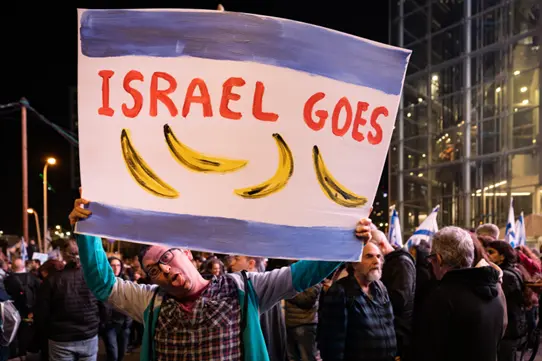
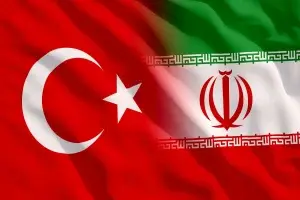

Comments